how to install solar street light video | Queneng Guide
How to Install Solar Street Light: A Professional Guide (Queneng)
This article provides a step-by-step guide on how to install solar street lights, addressing common challenges and best practices for professionals. We'll cover crucial aspects from site preparation to final testing, ensuring a smooth and efficient installation process. Finding reliable installation videos is also key.
Site Survey and Preparation
* Pole Location and Assessment: Identify optimal locations considering sunlight exposure (at least 6 hours of direct sunlight daily), distance to existing infrastructure (power lines, underground utilities), and traffic patterns. Utilize solar irradiance maps and tools for accurate assessment.
* Ground Conditions: Evaluate soil composition for appropriate anchoring. Rocky or unstable soil may require additional reinforcement. Consult local geotechnical reports if necessary.
* Regulatory Compliance: Check local building codes and permitting requirements before starting installation. Obtain necessary approvals.
Solar Panel and Battery Installation
* Mounting the Solar Panel: Securely mount the solar panel to the designated pole using appropriate hardware and ensuring proper angle for maximum solar energy capture. Consider panel tilt adjustments for seasonal variations.
* Battery Placement: Choose a suitable, protected location for the battery, minimizing exposure to extreme temperatures and moisture. Ensure proper ventilation.
* Wiring Connections: Connect solar panels and batteries to the charge controller using appropriately sized wires and connectors. Adhere to all safety regulations.
Light Fixture and Pole Mounting
* Pole Installation: Utilize appropriate digging and concrete setting techniques. Ensure the pole is plumb and securely anchored.
* Light Fixture Mounting: Attach the light fixture to the pole, ensuring proper alignment and secure fastening. Follow manufacturer's instructions carefully.
* Wiring Connections (Continued): Connect the light fixture to the charge controller and battery following the wiring diagram provided by the manufacturer.
System Testing and Commissioning
* Functionality Test: Thoroughly test all components to ensure correct operation. Check the light output, battery charging, and overall system performance.
* Troubleshooting: Identify and address any issues promptly. Consult manufacturer documentation for troubleshooting guides.
* Documentation: Maintain complete installation records including dates, components used, and any relevant observations.
Advanced Considerations
* Remote Monitoring: Explore smart solar lighting systems that offer remote monitoring and control capabilities.
* Different Solar Panel Types: Understand the advantages and disadvantages of monocrystalline, polycrystalline, and thin-film solar panels for optimal performance in your environment.
* Energy Storage Solutions: Investigate different battery technologies and capacities based on project requirements and environmental conditions.
By following these steps, solar lighting professionals can successfully install solar street lights, maximizing energy efficiency and ensuring longevity. Remember always to prioritize safety and adhere to all relevant regulations.

Have more questions about our products or services?
The latest hot news you might like
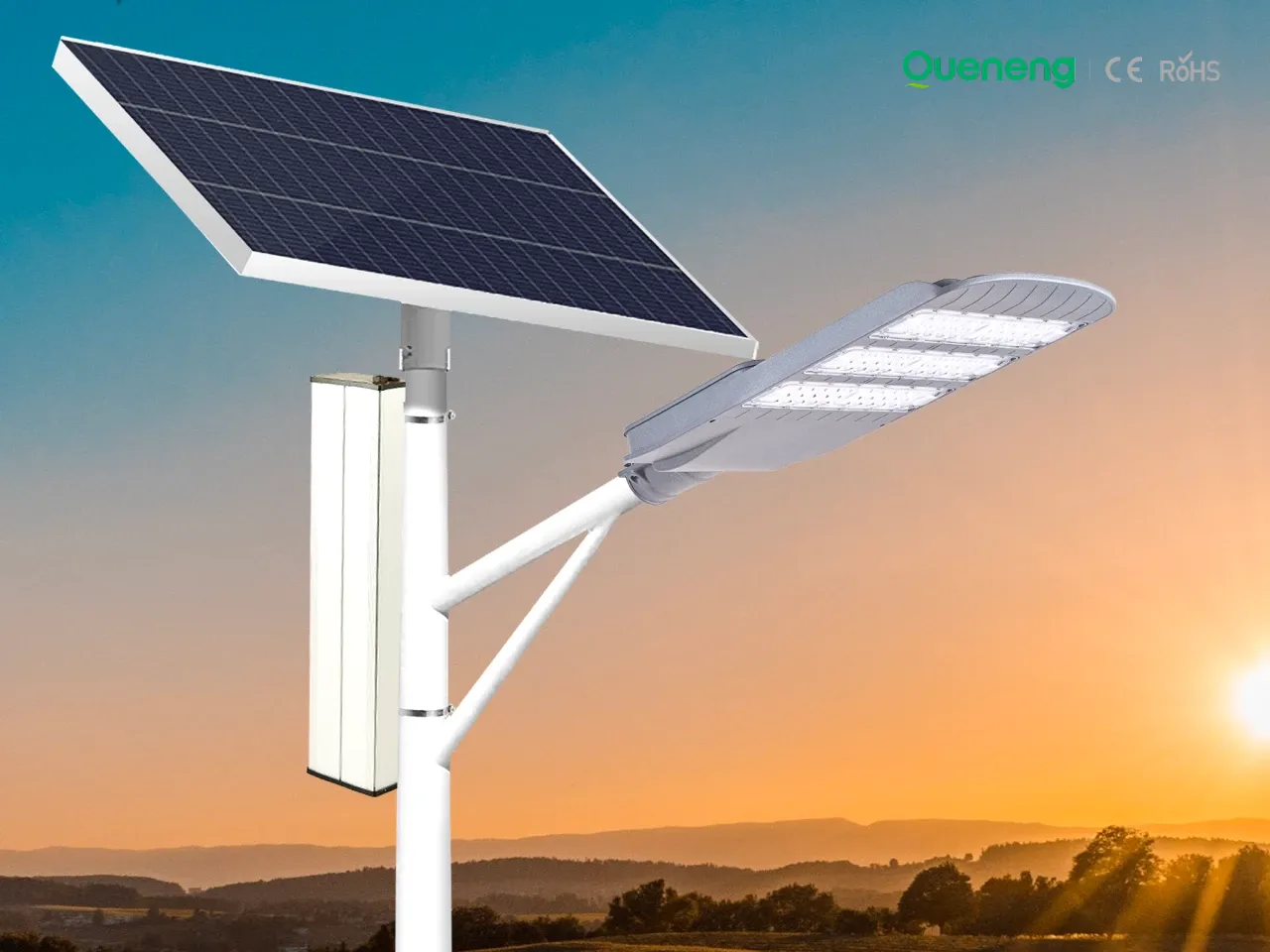

A comprehensive 2026 guide to solar street light pricing. Covers commercial installation costs, LiFePO₄ battery trends, smart IoT features, and a detailed ROI comparison against traditional grid lighting.

A comprehensive 2026 outlook on integrated solar street lights, featuring performance benchmarks like bifacial panels, LiFePO₄ batteries, and Smart City IoT integration for maximum ROI.

Discover how solar panels power street lights, exploring the technology behind solar energy conversion, storage systems, and how solar-powered street lights are revolutionizing urban and rural lighting solutions.
FAQ
Battery Types and Applications
What is a solar cell? What are the advantages of solar cells?
Solar energy systems are easy to install, easy to expand, and easy to disassemble. At the same time, using solar energy is also very economical and there is no energy consumption during the operation. In addition, the system is resistant to mechanical wear and tear; a solar system requires reliable solar cells to receive and store solar energy. Generally, solar cells have the following advantages:
1) High charge absorption capacity;
2) Long cycle life;
3) Good rechargeability;
4) No maintenance required.
Solar Street Light Luyi
Can Luyi solar street lights function in areas with cloudy or rainy weather?
Yes, Luyi solar street lights are designed to function efficiently even in cloudy or rainy weather. The high-efficiency solar panels can still capture and store energy in low-light conditions, ensuring that the lights remain operational throughout the night. The system is equipped with a large enough battery to store energy for extended periods, making them reliable even on overcast days.
Solar Street Light Luda
What makes Luda solar street lights high-efficiency and eco-friendly?
Luda solar street lights feature high-efficiency solar panels that maximize energy conversion even in low sunlight conditions, ensuring optimal performance throughout the day. The use of energy-efficient LED bulbs minimizes electricity consumption while delivering bright, reliable illumination. This combination of features reduces the overall carbon footprint and makes them an eco-friendly choice for outdoor lighting.
APMS system
What should I do if I encounter a system malfunction?
QUENENG offers 24-hour remote technical support, allowing clients to contact the after-sales team at any time for assistance. The system also includes intelligent self-diagnosis capabilities to detect and alert potential issues automatically.
Solar Street Light Luzhou
Can Luzhou solar street lights be used in remote locations?
Yes, Luzhou solar street lights are perfect for remote locations that do not have access to the electrical grid. Their solar-powered design allows them to operate independently, making them an ideal solution for rural roads, parks, and off-grid areas.
Industry
How can I know if Queneng’s solar lighting system is suitable for my project?
Our team conducts a comprehensive analysis based on your project needs, location, and lighting requirements, ensuring that the system is both appropriate and cost-effective for your application.

The Solar Streetlights of Luhao for Municipalities are designed to deliver reliable, energy-efficient, and cost-effective public lighting solutions. Equipped with advanced LED technology, durable lithium batteries, and high-efficiency solar panels, these streetlights provide consistent illumination for roads, parks, residential areas, and government projects.
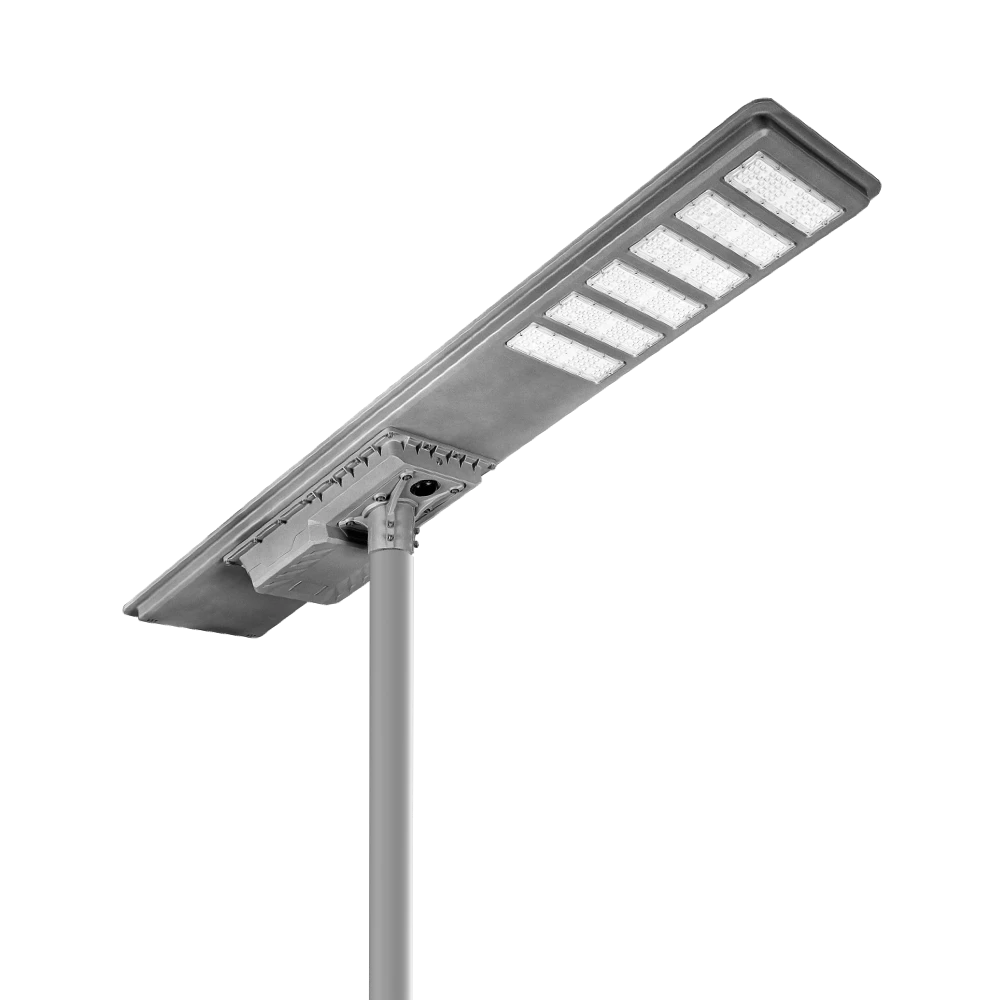
Queneng's Luqiu Innovative Solar Street Light offers energy-saving, durable outdoor lighting. This solar power street light provides a reliable and eco-friendly solution for illuminating your streets and pathways.
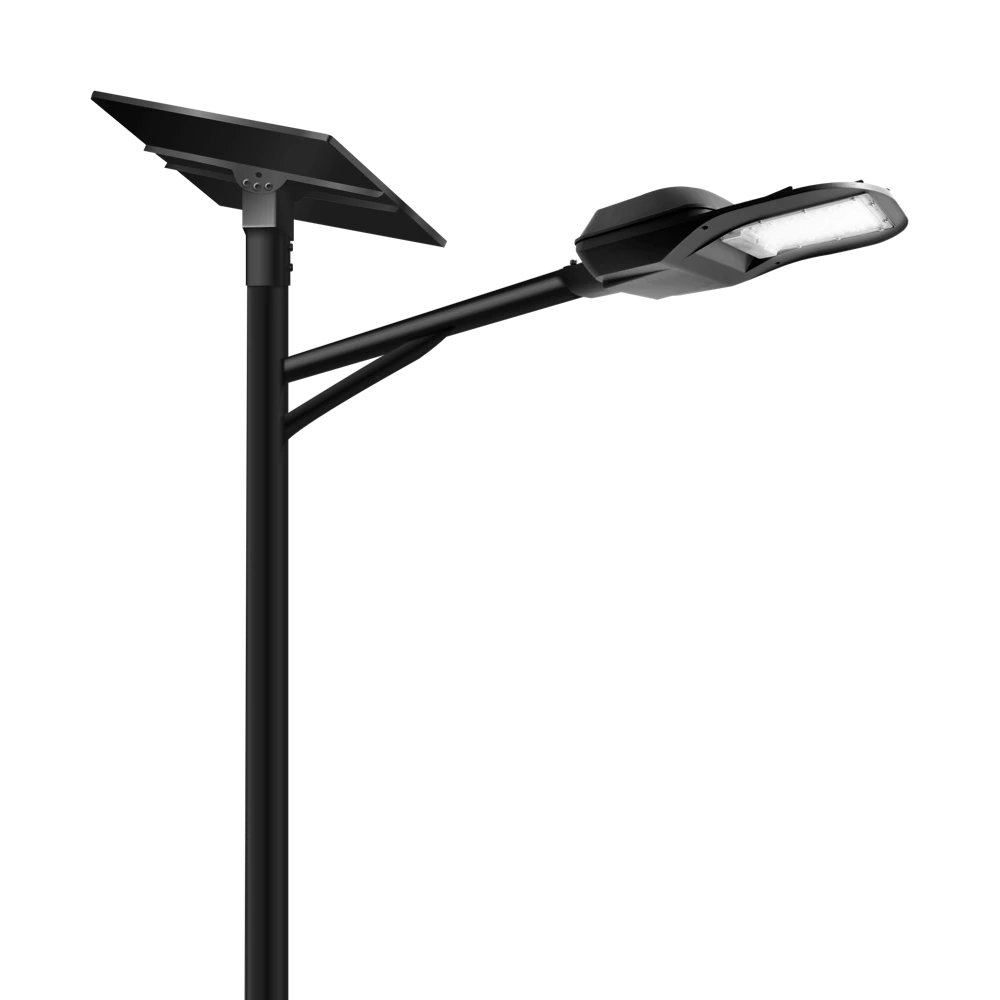

Lubai is an integrated solar street light designed for stable, long‑term outdoor lighting in off‑grid and weak‑grid areas. Combining a high‑efficiency solar panel, LiFePO₄ battery, and intelligent motion sensing, Lubai delivers reliable illumination with low maintenance and fast installation.
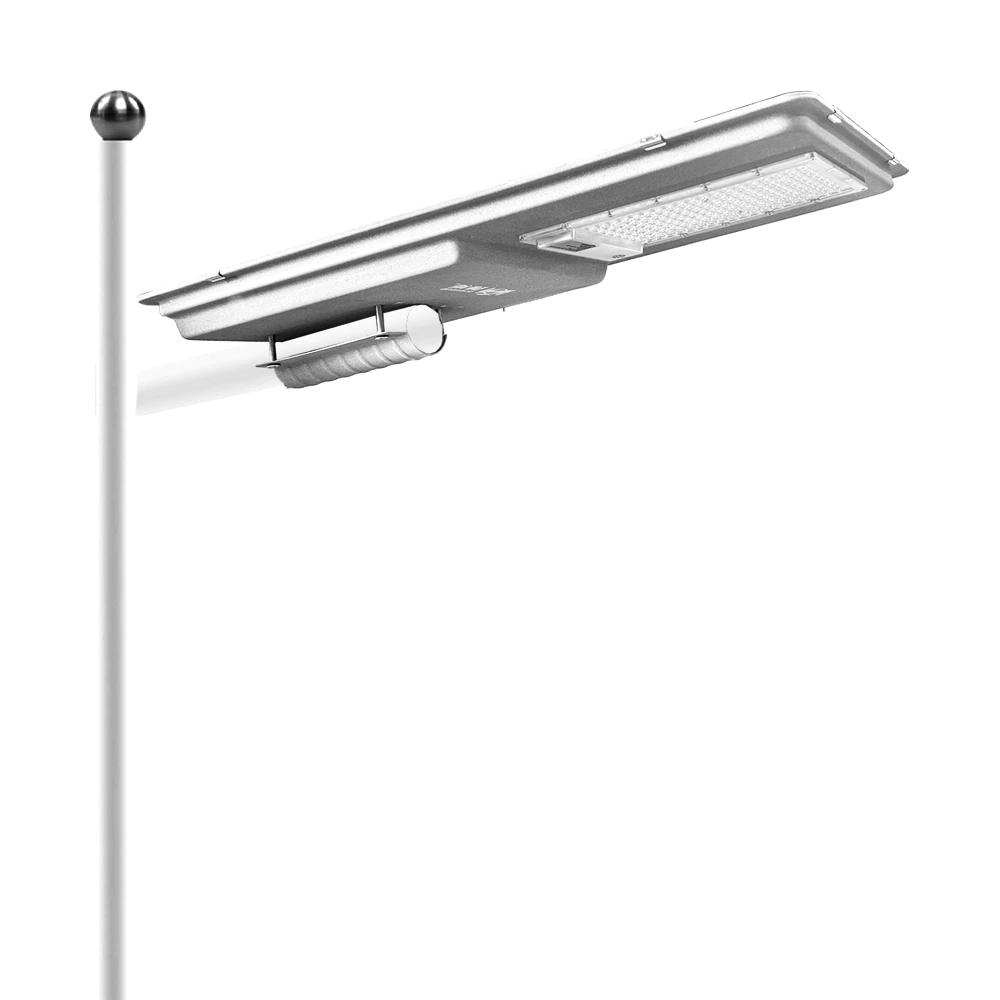
Queneng's Lufa high-efficiency solar LED street lights illuminate urban and commercial spaces brilliantly. These commercial solar LED street lights offer superior energy savings and reliable performance, making them an ideal sustainable lighting solution.
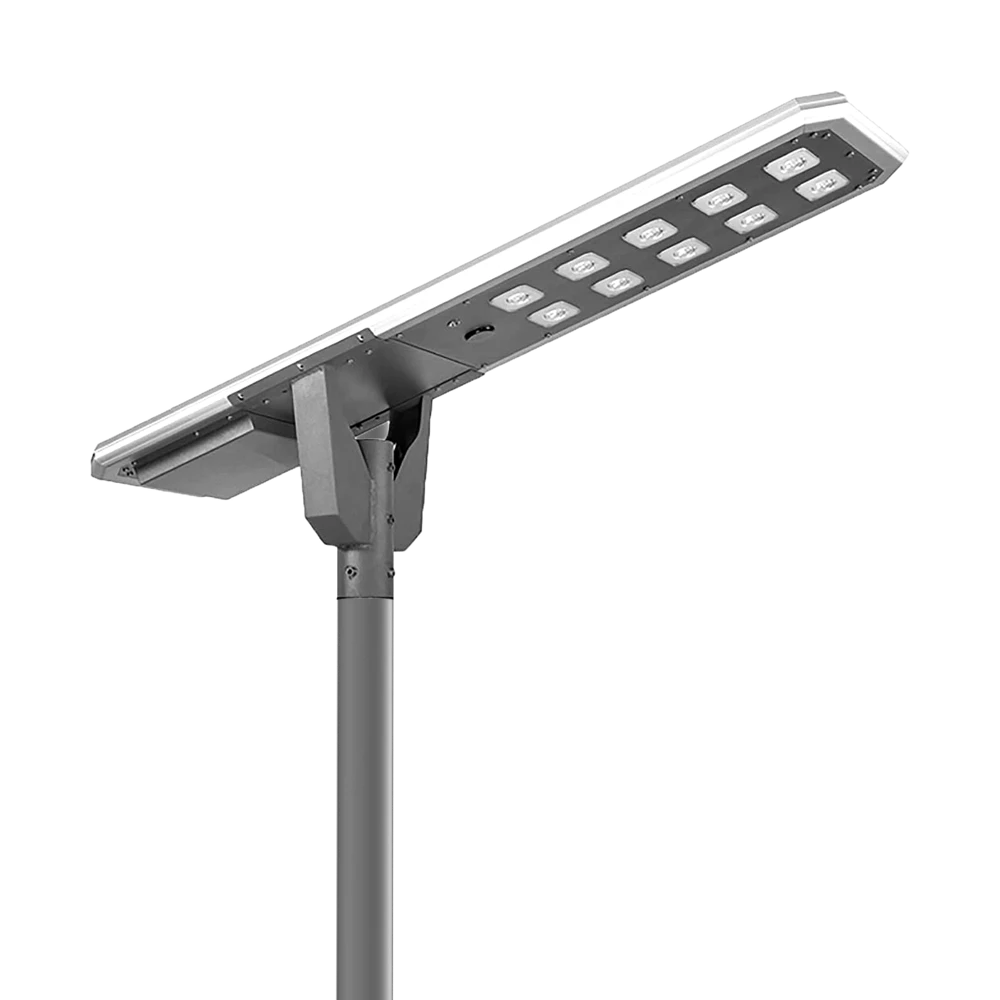
Illuminate your outdoor spaces with the Solar Street Light, a cutting-edge solution combining advanced solar technology and energy-saving LED lighting.
If you would like more information about Queneng solar lighting solutions, please send us a message by filling out the form below. Our professional team will get back to you within 24 hours!
Rest assured that your privacy is important to us, and all information provided will be handled with the utmost confidentiality.
Schedule a Meeting

Book a date and time that is convenient for you and conduct the session in advance.
Have more questions about our products or services?





















